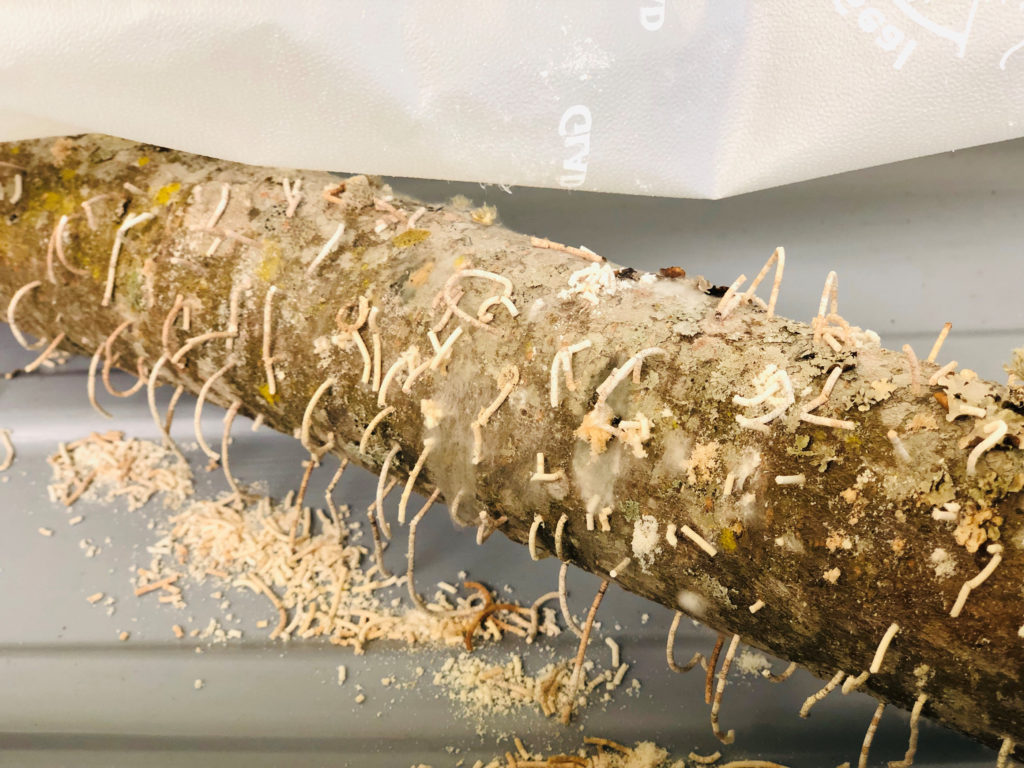By Clint Thompson
Pecan producers should be wary of the first flight of ambrosia beetles in orchards across the Southeast. That means growers with young trees are susceptible to attacks. Beetles live in wooded areas and respond to stress chemicals released from newly planted trees.

Lenny Wells, University of Georgia Extension pecan specialist, believes trees are especially vulnerable following the Christmas freeze event in 2022.
“I’d say 5 years and under is where most of the damage is going to be,” Wells said. “That freeze we had back around Christmas where it got down to the mid-teens, most of the trees should have been dormant at that time. But I do have some concern about young trees that may have been fertilized a little bit late (anything after July). Sometimes that can slow them down going into dormancy, and we had some warmer temperatures prior to that freeze. Growers need to be on the lookout for those trees, because if they were stressed by that freeze, then the ambrosia beetles will know there’s a problem before we do.”
According to the University of Georgia Extension pecan blog, management starts with growers establishing beetle traps to determine the first flight. Producers should scout pecan trees once hits of beetles begin showing up on traps. Growers should scout for small holes or ‘toothpicks’ in the trees.
Growers can then spray trees with bifenthrin or permethrin every 7 to 10 days. Producers should continue monitoring traps, adding ethylene into drill holes once a week.
Click here for additional information about traps.
Click here for more information about ambrosia beetle management.









